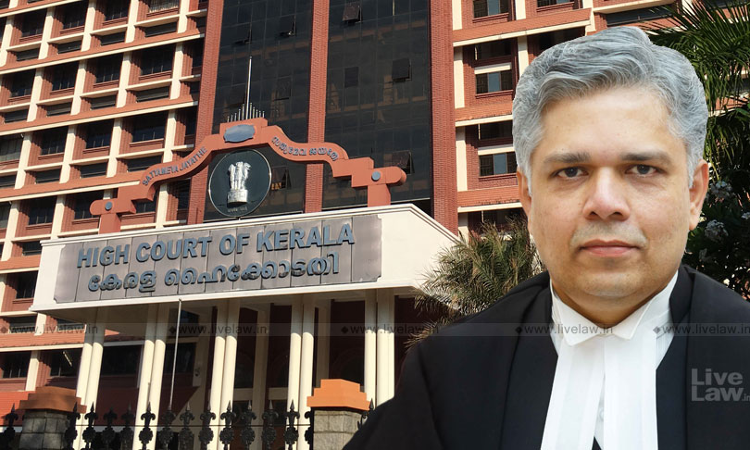Kerala High Court Declares Gawking Charges (Nokkukooli) Illegal; Calls For Reforms Of Headload Workers Act
Hannah M Varghese
4 Feb 2022 12:22 PM IST

Next Story
4 Feb 2022 12:22 PM IST
The Kerala High Court recently pronounced a judgment declaring that the practice of demanding gawking charges, often referred to as 'nokkukooli' in Malayalam, is illegal and unconstitutional. This observation came in a plea filed by a man who was not being provided with the necessary registered headload workers for his construction work by the trade unions pursuant to a dispute between them...
